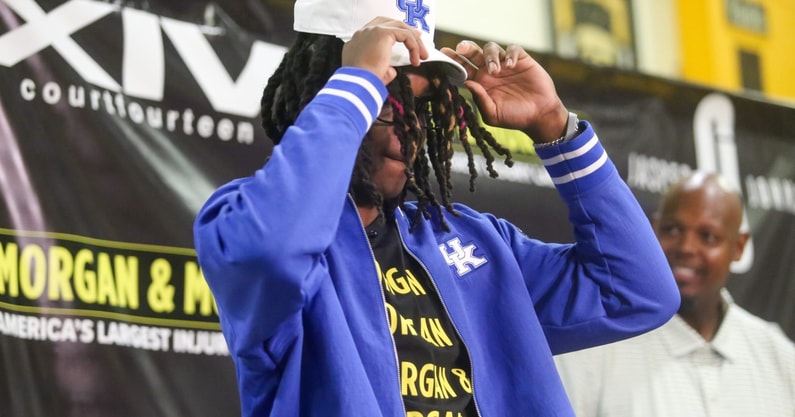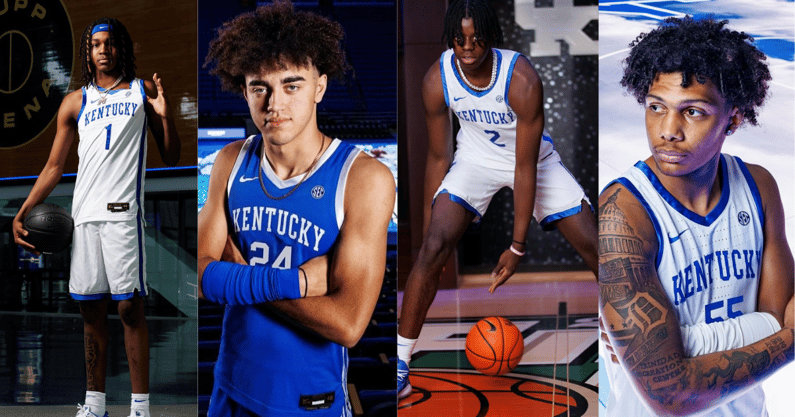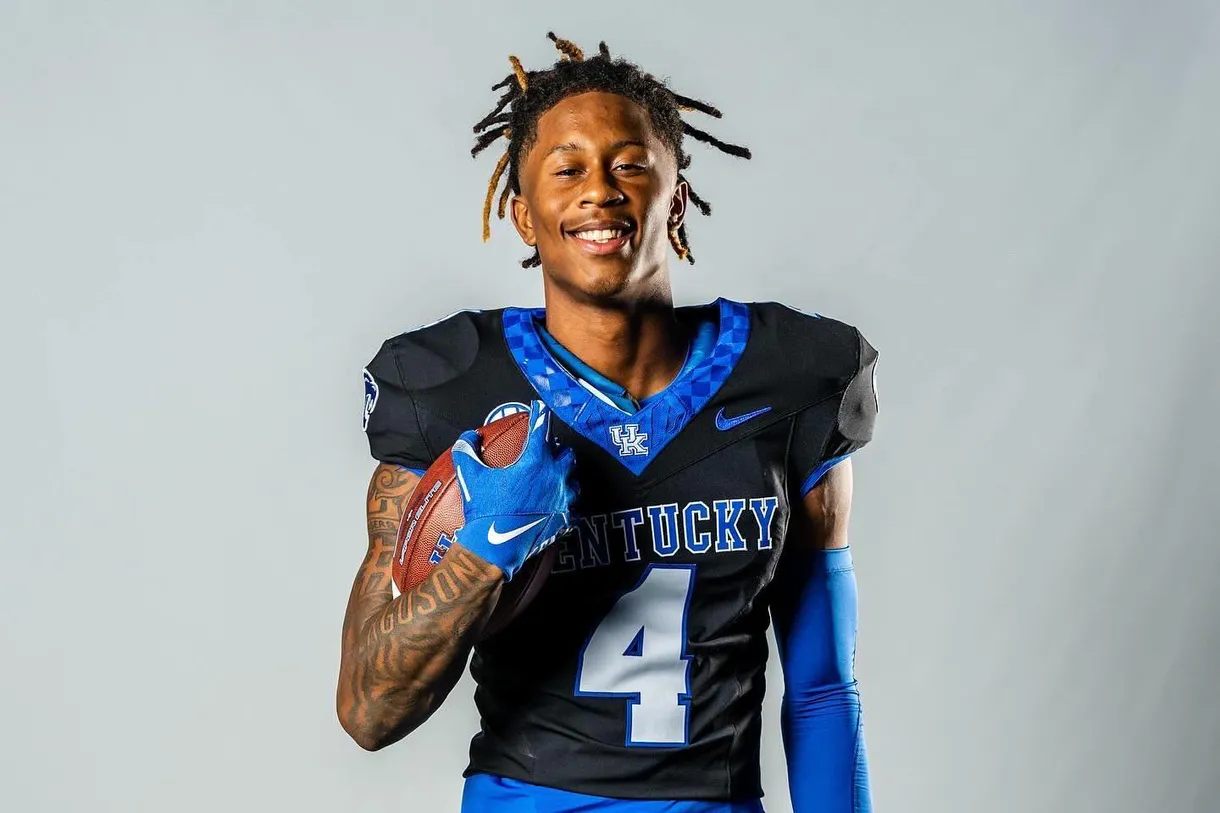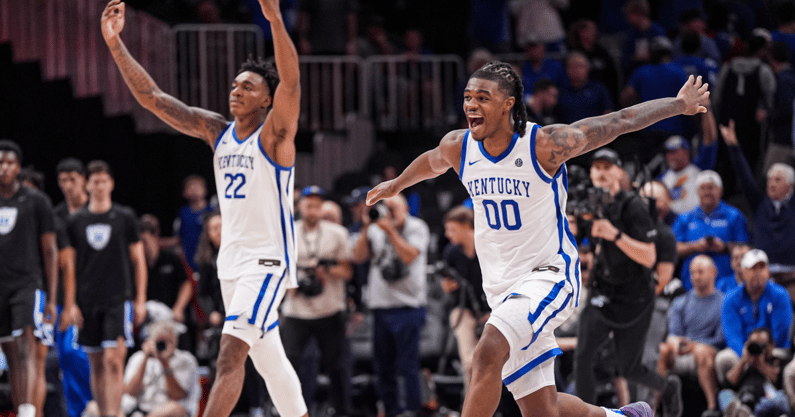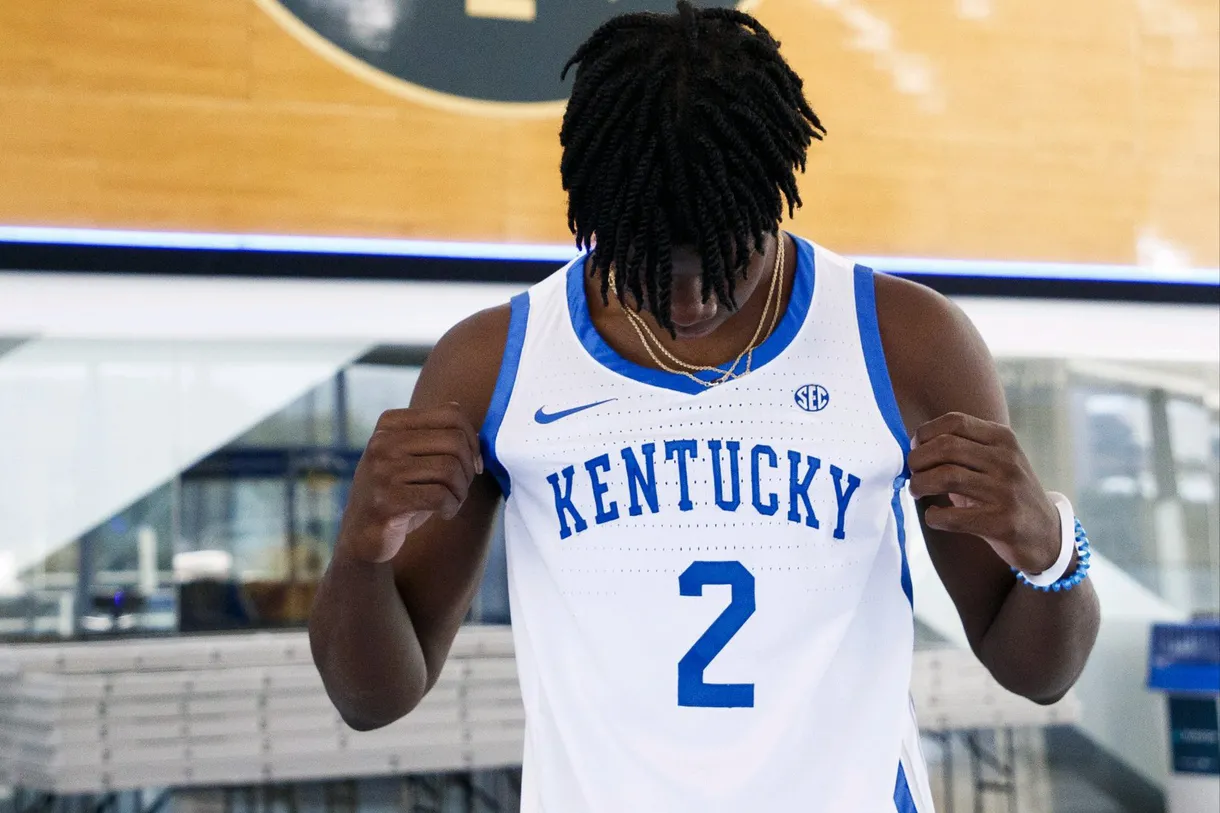
Tennessee’s Nico Iamaleava Faces Unflattering Comparisons to Bryce Young, Critics Weigh In.
As the Tennessee Volunteers gear up for another season, the spotlight shines brightly on quarterback Nico Iamaleava. Fresh off a high-profile recruitment, expectations for the young signal-caller are sky-high. However, recent analyses have drawn troubling comparisons between Iamaleava and former Alabama star Bryce Young—not in a complimentary way. Critics argue that Iamaleava may struggle to reach the heights that Young achieved, raising concerns about his ability to perform under pressure.
Bryce Young, the 2021 Heisman Trophy winner, showcased extraordinary poise, decision-making, and playmaking ability during his tenure at Alabama. He consistently elevated his team’s performance and delivered in clutch situations. By contrast, Iamaleava’s early outings have left some fans and analysts wondering if he possesses the same level of composure and skill. Critics point to a few key areas where they feel Iamaleava falls short.
One significant aspect is decision-making. In his limited playing time, Iamaleava has displayed a tendency to make risky throws and rely on his arm strength, sometimes at the expense of better options. While Young often made quick, calculated decisions that avoided turnovers, Iamaleava’s propensity for taking chances raises red flags. Analysts argue that if Iamaleava doesn’t improve his judgment on the field, he could find himself in precarious situations against more formidable defenses.
Another point of contention is Iamaleava’s footwork and mechanics. Young’s footwork was lauded for its precision and effectiveness, allowing him to navigate the pocket and find open receivers seamlessly. Iamaleava, on the other hand, has been criticized for inconsistent mechanics, which can lead to inaccurate throws and missed opportunities. Analysts highlight the importance of refined technique at the college level, suggesting that without significant improvement in this area, Iamaleava may struggle to translate his talent into successful performances.
Physical attributes are also a point of comparison. Iamaleava, with his towering stature and impressive arm, has all the tools to be a successful quarterback. However, critics note that merely having physical gifts isn’t enough in today’s college football landscape. Young’s ability to improvise and make plays with his legs set him apart, and there are concerns that Iamaleava may not possess the same level of agility and awareness. If he can’t escape pressure or extend plays, defenses may find it easier to neutralize his impact.
Moreover, leadership qualities play a crucial role in a quarterback’s success. Young was often praised for his leadership on and off the field, rallying his teammates and maintaining confidence in high-pressure situations. Some observers feel that Iamaleava has yet to prove he can command the huddle with the same authority. In a sport where mental fortitude is as important as physical prowess, this aspect cannot be overlooked.
However, it’s essential to recognize that Iamaleava is still early in his collegiate career. Many quarterbacks experience growing pains as they transition to the college game, and the comparisons to a player of Young’s caliber, while valid, may be premature. With the right coaching and support, Iamaleava could evolve and refine his game in ways that silence his critics.
Ultimately, while the comparisons to Bryce Young may not be flattering for Nico Iamaleava, they underscore the high expectations surrounding him. The pressure is on for the young quarterback to develop and grow, not just for himself but for the Tennessee program that hopes to compete at a high level. As the season progresses, fans will be eager to see whether Iamaleava can rise to the occasion and carve out his own identity in the world of college football.
